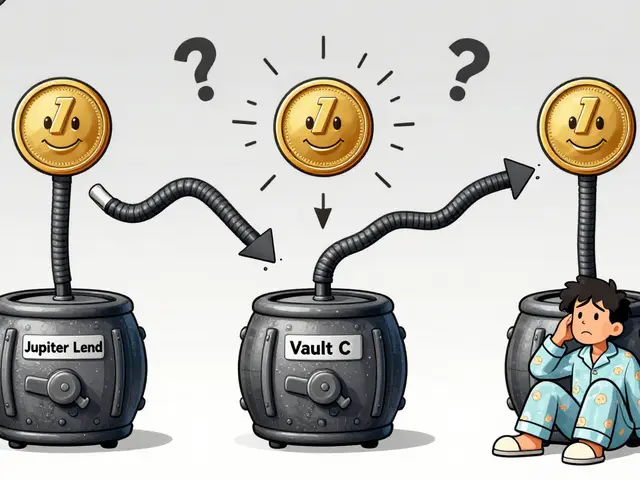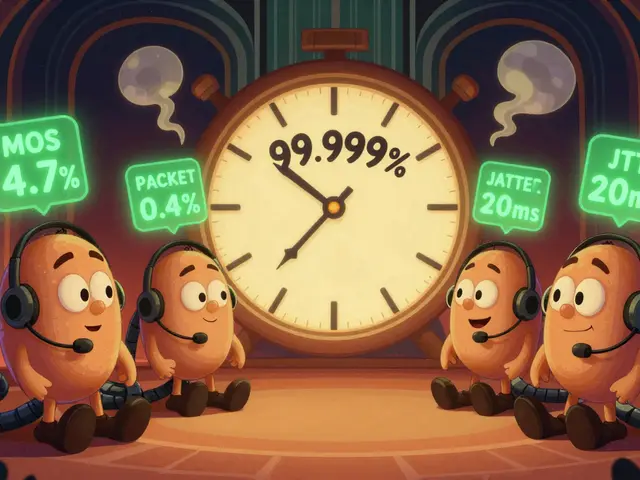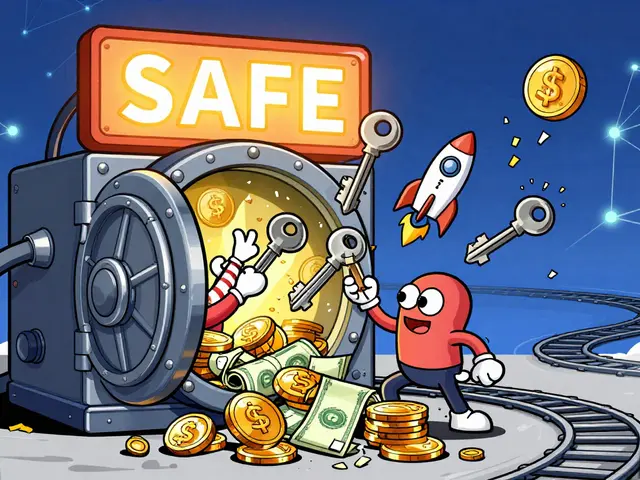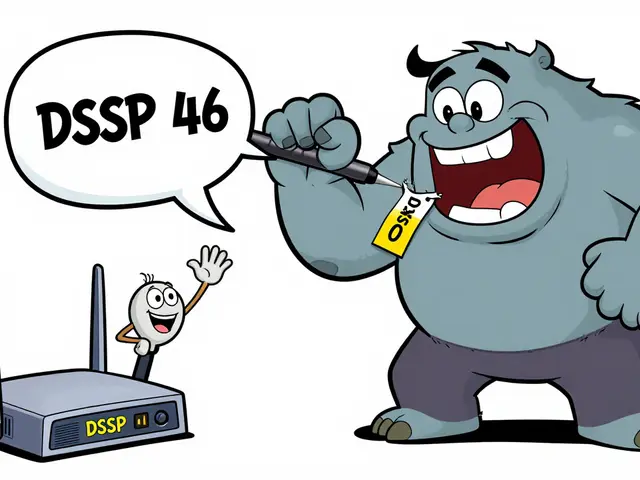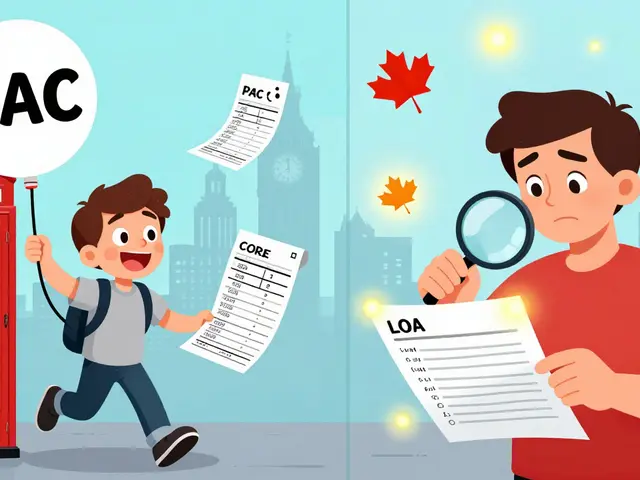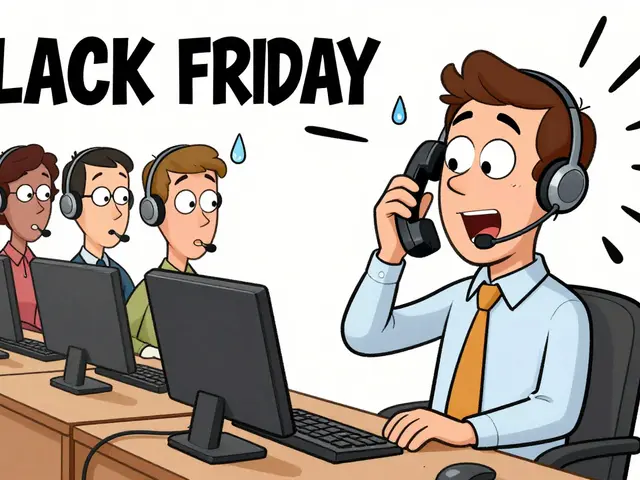HIPAA Compliant VoIP: Secure Phone Systems for Healthcare
When you're handling patient data over the phone, HIPAA compliant VoIP, a voice-over-IP system built to meet U.S. healthcare privacy laws. Also known as secure VoIP for medical use, it's not just about encryption—it's about control, logging, and accountability. If your team uses Zoom, Microsoft Teams, or any cloud phone system to talk to patients, you're already in the crosshairs of HIPAA. The law doesn’t care if your calls sound clear. It cares if someone can listen in, record without consent, or access call logs without authorization.
HIPAA compliant VoIP isn’t a feature you toggle on. It’s a system built with business associate agreements, legal contracts between providers and tech vendors that make the vendor responsible for protecting patient data, end-to-end encryption, the kind that keeps call audio locked from the moment it leaves your phone until it reaches the recipient, and audit trails, detailed logs that show who accessed what data and when. Most consumer-grade VoIP apps don’t offer these. Even some business tools claim to be "HIPAA ready" but skip the audit logs or let users download call recordings without restrictions. That’s not compliance—that’s a lawsuit waiting to happen.
Real-world violations aren’t about hackers. They’re about employees forwarding voicemails to personal email, using unapproved apps on personal phones, or leaving phones unlocked in break rooms. HIPAA compliant VoIP fixes this by locking down access, requiring authentication before calls, and preventing downloads unless authorized. It also needs to integrate with your existing systems—like EHRs and appointment schedulers—without creating data leaks. That’s why you’ll find posts here on SIP trunk architecture, auto-provisioning templates, and call recording compliance. These aren’t random tech tips. They’re the building blocks of a system that keeps patient data safe while letting your team work efficiently.
You don’t need to be a network engineer to get this right. But you do need to ask the right questions before signing a contract. Does the provider sign a BAA? Can you disable call recording by default? Are logs retained for six years? Are remote workers covered under the same rules? The answers to these questions separate compliant systems from risky ones. Below, you’ll find real guides on setting up secure calls, choosing the right tools, and avoiding the most common compliance traps. No fluff. No theory. Just what works for clinics, hospitals, and telehealth providers in 2025.
Learn how pharmacies can use VoIP for prescription calls while staying HIPAA compliant. Avoid fines, protect patient data, and streamline refill requests with the right system.

